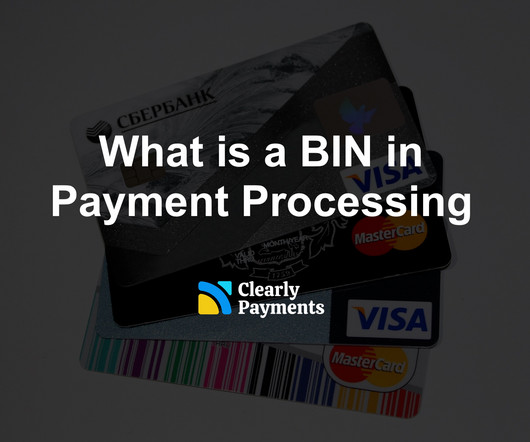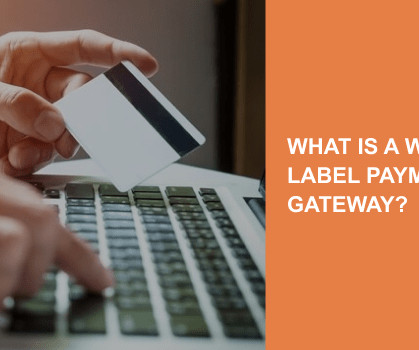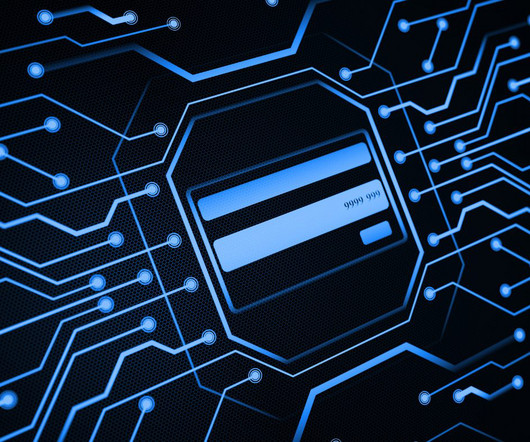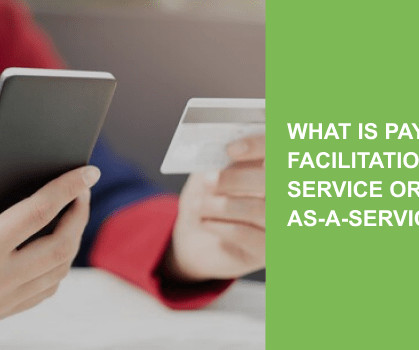Everything You Need to Know About Secure Payment Processing Systems
Stax
MARCH 15, 2024
The primary security standards that payment systems typically adhere to include: Payment Card Industry Data Security Standard (PCI DSS): PCI DSS sets forth requirements for securing payment card data, including encryption, access control, network monitoring, and regular security testing.






















Let's personalize your content